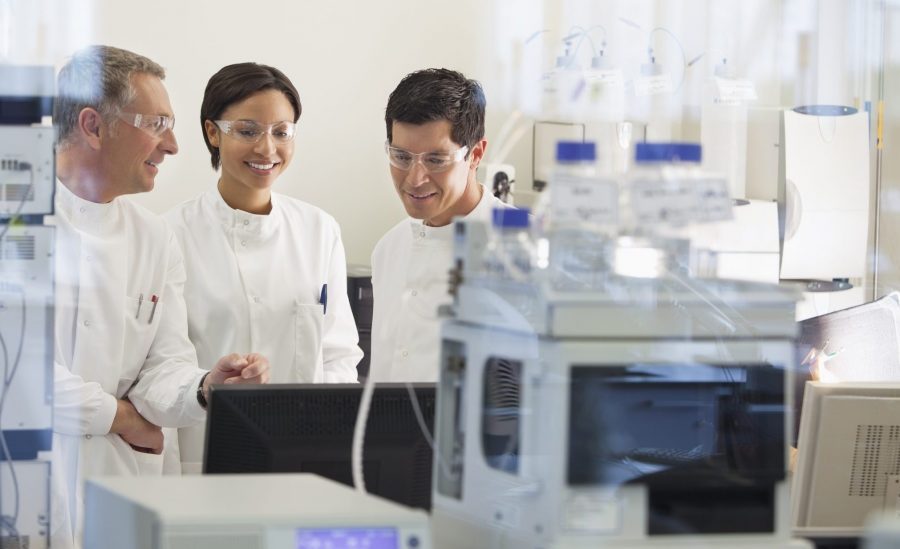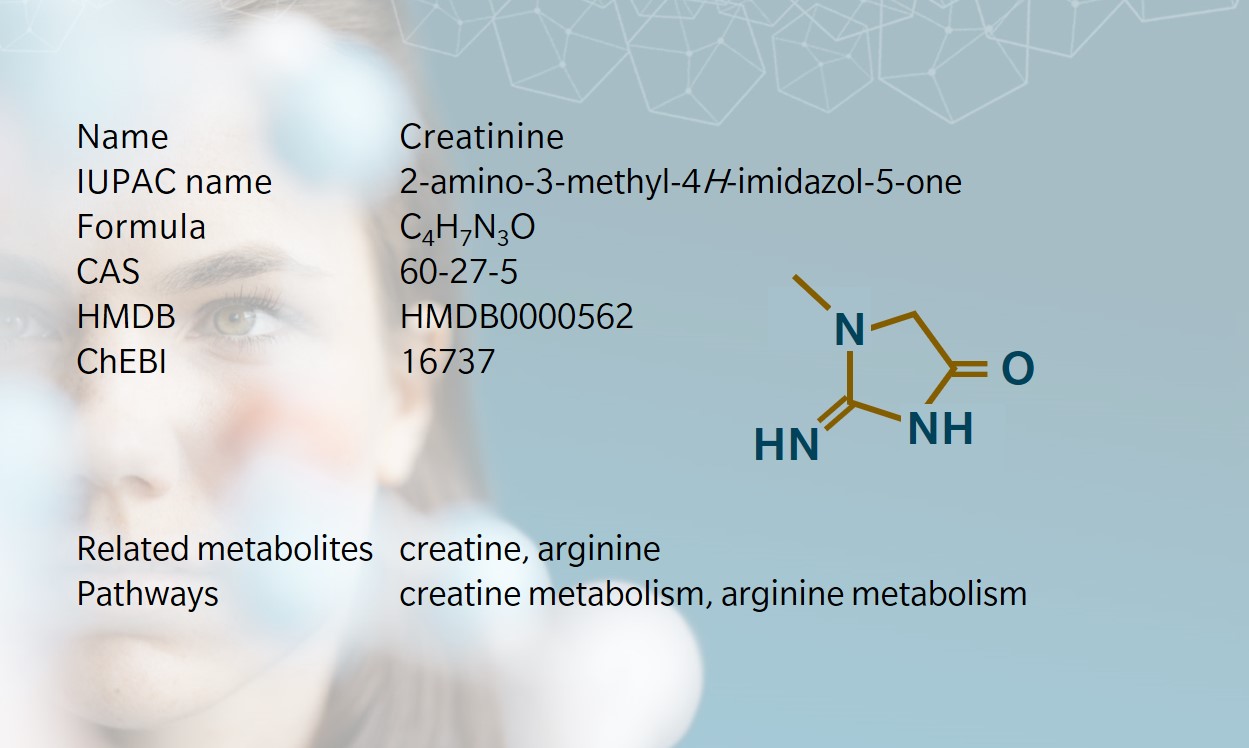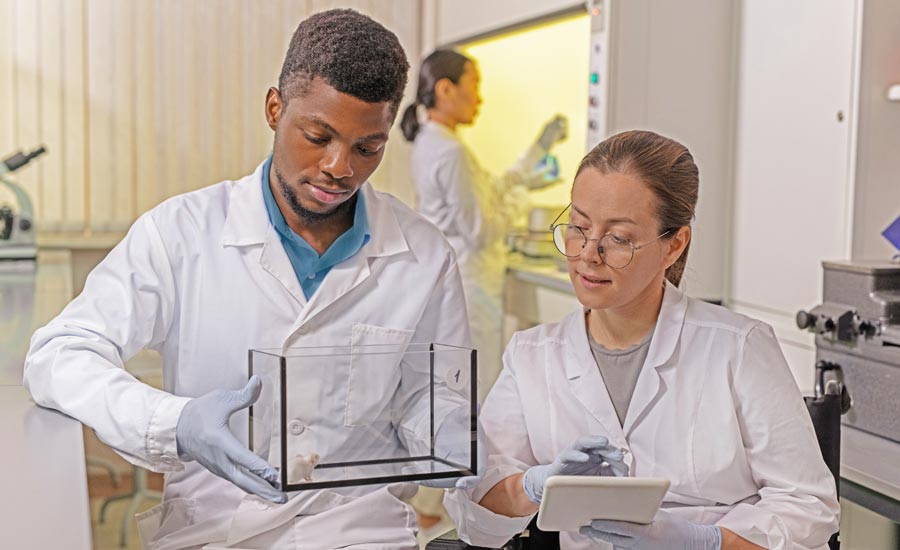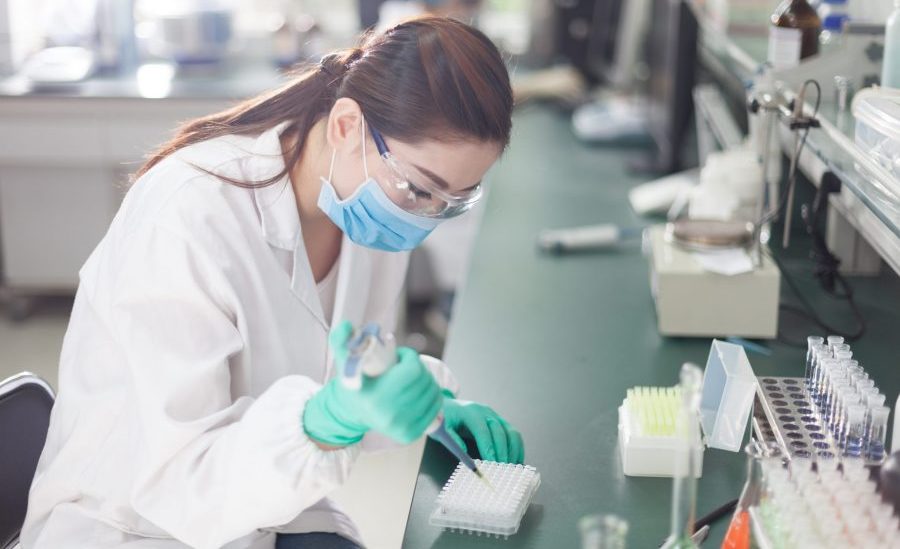
biocrates blog
Applications of metabolomics
Effect of proton pump inhibitor use on development of cardiovascular diseases
Population-based cohort study reveals link between proton pump inhibitor intake and increasing risk for cardiovascular events.
Irritable bowel syndrome linked to distinct metabolic profile
A metabolic pattern of patients with irritable bowel syndrome (IBS) was identified, providing the key to non-invasive IBS diagnostics.
Dyslipidemia contributes to cardiac autonomic neuropathy in type 2 diabetes
Cardiac autonomic neuropathy is linked to perturbations of the lipid metabolism specifically in Type 2 Diabetes.
Using MxP® Quant 500 kit with Agilent 6495C TQ LC/MS systems
Using biocrates MxP® Quant 500 kit for broad metabolic profiling with the Agilent 6495C triple quadrupole LC/MS system
Creatinine – Metabolite of the month
Metabolite of the month is your sneak peek into the world of metabolomics. This month we took a closer look at creatinine, a non-protein nitrogenous waste product generated during energy breakdown in muscles.
Metabolism of fatty liver disease and the impact of therapy
New study demonstrates the power of metabolomics in boosting our understanding of fatty liver disease – and possible treatments. Obeticholic acid reverses metabolic changes in NASH.
Lipid biomarkers improve diagnosis of bacterial meningitis
Free phosphatidylcholines in cerebrospinal fluid are highly promising biomarkers for an improved differential diagnosis of bacterial meningitis.
Metabolomics can help identify root causes of hypertension
Targeted metabolomics discriminates between primary and endocrine hypertension.
New analytical method for the quantification of acylcarnitines
Acylcarnitine profiles of melanoma xenografts in mice could be a step towards a new treatment.
Multi-omics reveals new insights into chronic malarias
Host-parasite interactions in chronic and acute malaria were characterized by metabolomics and transcriptomics in macaques and humans.










